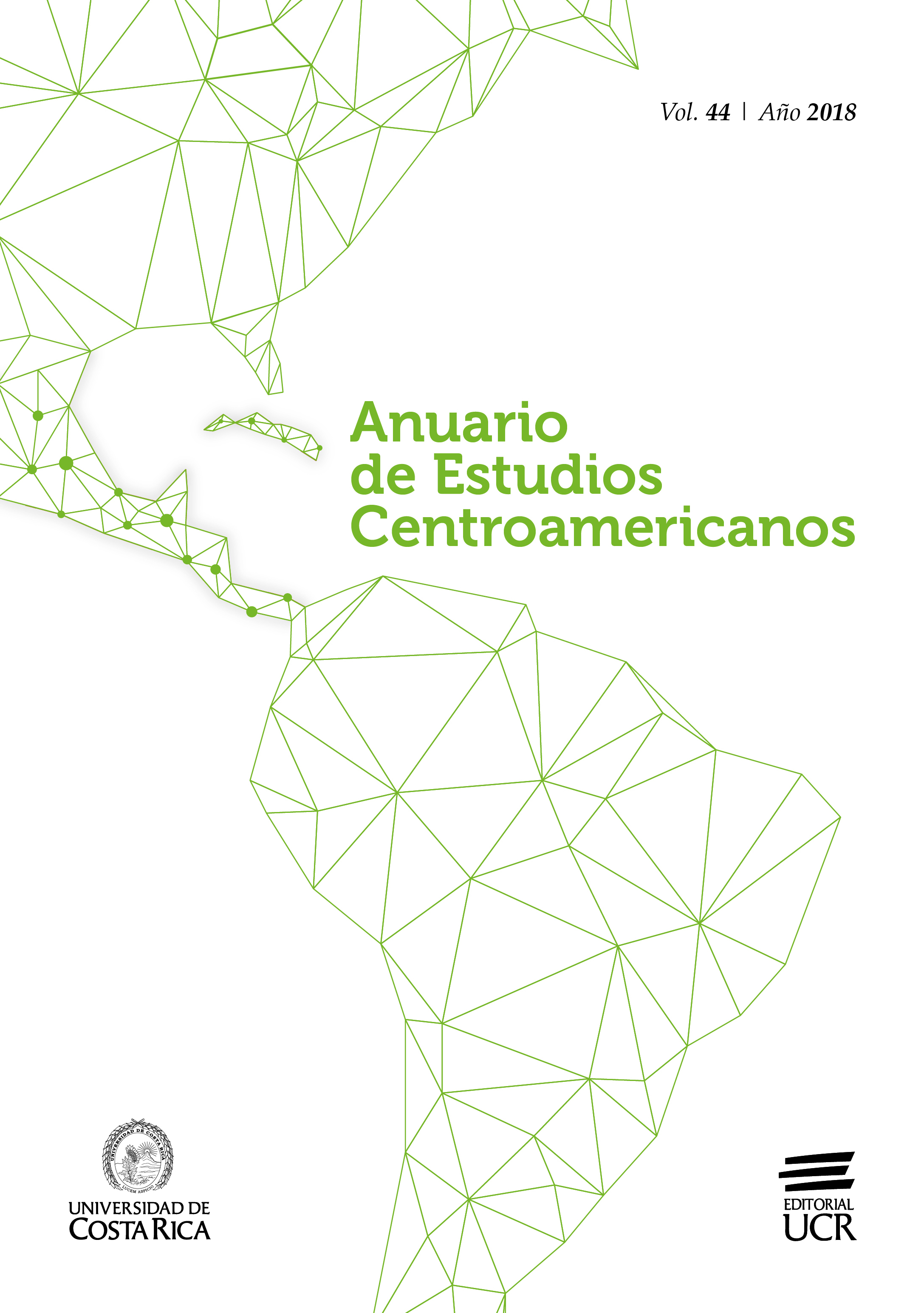Abstract
The economies of Latin America are experiencing renewed emphasis on primary product exports, as indicated by the high percentage of primary goods in total exports. This has included rapid development of practices that involve intensive exploitation of natural resources, including the growth of extensive areas of crops such as soy, sugarcane and palm-oil, among others. These forms of neo-extractivism are having severe impacts, both societal and environmental. This article focuses on palm-oil (elaeis guineensis) production in the Petén region of Guatemala and the Bajo Aguán river region in Honduras, two emblematic cases that generated complicated agrarian and socio-environmental conflicts and that have cost a great many human lives.


